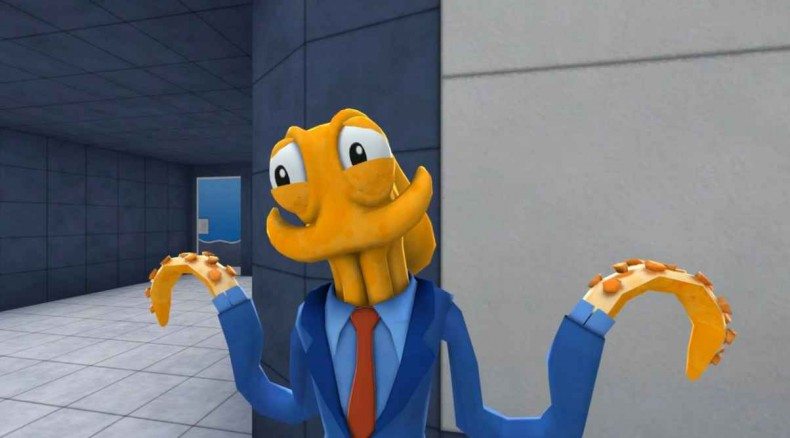
They open the door to the gaming world for non-gaming parents and carers. These games are perfect if you have never played one before. With 1000’s of parents soon using the database it became clear we should grow it to cover more games. At first it was just going to be a way to search the 60 or so games in the book. The Family Gaming Database grew out of the book. They are grouped in categories depending on the style of game you are looking for, whether you want to play on your own, or with your family and friends.

When we wrote the Taming Gaming book we packed the second half with full colour game ‘recipes’ as a resource for parents and families. In video games, we step into other bodies so we can better understand our own and those of the people around us. In travel, as Andrew Soloman says, we go somewhere else to see properly the place where we have come from. More specifically, to use body therapy language, games offer us a chance to discover the inviolability of our bodies, personal autonomy, self-ownership, and self-determination. Whether this is into the awkward teenage years of Mord and Ben in Wide Ocean Big Jacket, the grandparent-escaping Tiger and Bee in Kissy Kissy, the fractured heartbroken body in Gris or the haphazard movement of Octodad we have a chance to reassess our own physicality and how we respond to and treat other people's physicality. Stepping into the shoes of a vulnerable, small or endangered character can help us understand for a short while some of what it is like to be someone else.

This is not only an enjoyable way to escape the reality of daily life but a chance to reflect on and understand ourselves, and our bodies, better. Whether we step into the powerful frame of a trained marksman or brave adventurer, while we play we have a different sense of our physicality. Video games offer an opportunity to inhabit another body.


 0 kommentar(er)
0 kommentar(er)
